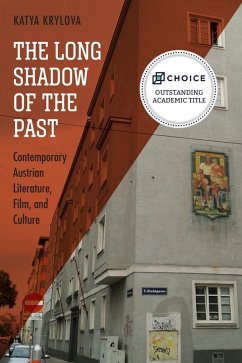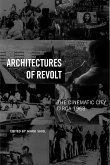A long-overdue process of coming to terms with Austria's Nazi past was sparked by the Waldheim affair of 1985-1988, leading to a transformation in Austrian society. A young generation of artists and intellectuals led a protest movement against the presidential candidate, who had lied about his involvement in the Nazi war machine. The works of this second post-war generation, who continue to dominate the Austrian cultural landscape-the challenges posed by the recent electoral gains of right-wing parties notwithstanding-are marked by unrelenting attention to the shadow cast by the country's Nazi past. Katya Krylova's book undertakes close readings of key contemporary literary texts, films, and memorials that treat Nazism and the Holocaust. It explores the search for the remnants of a pre-Anschluss Austrian-Jewish culture destroyed in the Holocaust through the films of Ruth Beckermann and the writing of Anna Mitgutsch. It discusses responses to the growing xenophobia of the 1990s in a chapter on the films of Ulrich Seidl and Florian Flicker. Another chapter focuses on Elfriede Jelinek's deeply radical and controversial treatment of the Rechnitz massacre. And a chapter on Robert Schindel's Der Kalte analyzes the first historical novel about the Waldheim affair and what it tells us about that period's continuing significance. The book concludeswith an investigation of recent memorial projects in Vienna and what these reveal about the Austria's contemporary politics of memory. Katya Krylova holds a PhD in German from Churchill College, University of Cambridge.








